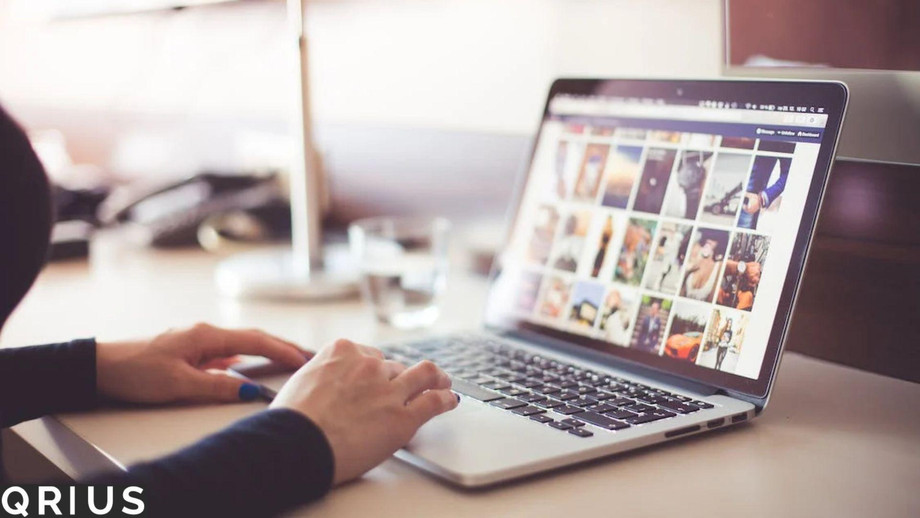Social media has emerged as one of the many ways individuals engage with one another as the world becomes progressively more digital. Using social media, people interact with their families and exchange messages, images, and videos. There are around 4.2 billion social media users worldwide, according to Hootsuite's most recent social media study. These users are actual people who interact with other users regularly, even though some may stand in for corporations, organisations, or other non-human entities. However, as social media usage and technology improve, new internet and social media-related crimes and unethical behaviours also emerge. Identity theft and ‘phishing’ are two of the most common social media crimes. Phishing is a type of cybercrime where a target or targets are contacted via email, phone call, or text message by someone posing as a legitimate organisation to trick people into disclosing sensitive information like passwords, banking and credit card information, and personally identifiable information. When criminals get access to your social media accounts, several crimes might occur. We have prepared five strategies for protecting your social media accounts in this study.
- Make all accounts two-factor authenticated (2FA)
Enabling two-factor authentication in your account is a good approach to protect any social media account. To confirm a login attempt, two-factor authentication grants web services secondary access to the account owner. This often requires a phone number and/or email address. You use your mobile phone to verify your identity whenever a new device or Internet Protocol (I.P.) address tries to log in to any social media account. You may do this by clicking on a text or email link or by keying in a number supplied by an authenticator app. An account owner is prompted by this to log in from any location in the world. Using an authenticator app is a highly efficient alternative to connecting your phone number to your two-factor authentication. This is useful when there is no cellular service. Duo, Google Authenticator, and Authy are a few authenticator applications.
Check the ‘security’ section of your ‘settings’ on any social media service you have an account with to enable two-factor authentication. - Pick a robust password.
Probably the first step in ensuring the security of your account, selecting a strong password is crucial. Always try to choose passwords that are challenging to decipher, even for your closest relatives and friends. Use only vocabulary that you would not mind sharing with others. As much as you can, blend alphabets, numbers, and symbols in your password, and change it frequently. You ought to pick a password that you can recall.
Passwords should not be written down in journals or other places where others may find them. You may use your Facebook account to sign into other social networking networks, such as Instagram, by using the same login information. It is best to refrain from doing that. Utilise Facebook logins for Facebook alone. This will stop hackers from using your Facebook login information to access your other social media accounts, such as Facebook. - Understand how many devices are using your account.
Try your best to always be aware of the number of devices linked to your social media accounts as well as their whereabouts. Log out any unidentified device from a place you are unsure about as soon as you detect it. You may find this under ‘security and login’ in your settings on Facebook and other social networking applications. - Avoid using third-party programmes or websites.
Check your social media accounts periodically to determine whether any third-party programmes have been given access to your social media accounts. For instance, some websites demand that you sign in using your social media account. As these might be entry points for hackers to your account, be sure you are happy with the information they are obtaining from your social profile or account. Delete any that you no longer use if there are any. You can verify this on Facebook, for instance, under the ‘apps and websites’ part of your preferences. Unsure of any app or website? Remove it. - For your social media profiles, use distinctive emails.
If you can, set up an email address just for your social media accounts. With this, even if your social network accounts are hacked, the hackers will not be able to access any crucial personal email information.
Conclusion:
If hackers publish offensive information, a security breach in an account might result in many issues, including economic interruptions. As a result, keeping your company's social media accounts secure is just as crucial as keeping your network infrastructure secure. For more visit, our official website - Qrius

